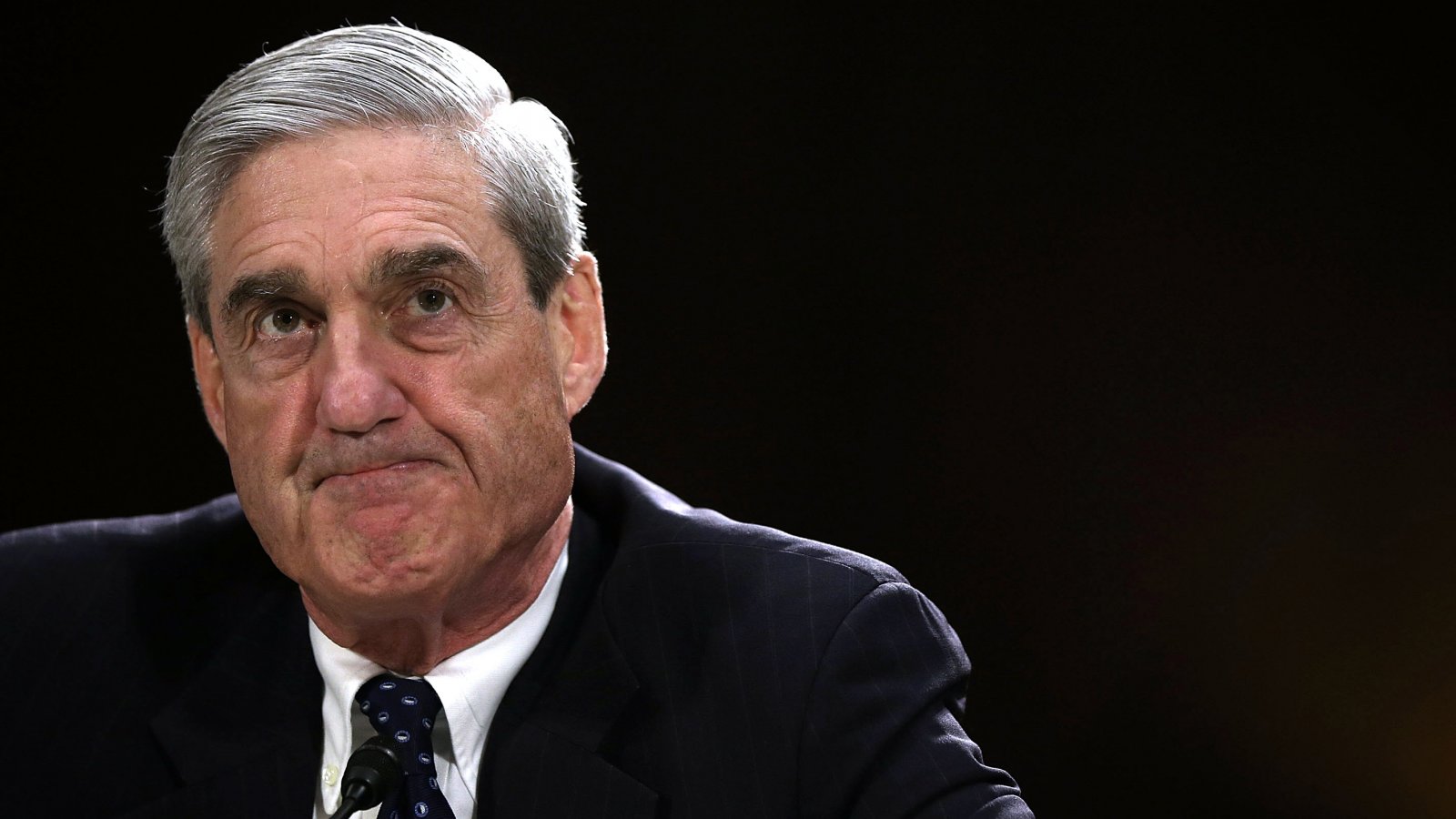
Special Counsel Robert Mueller appears to have built some safeguards into his deal with Paul Manafort so that if President Trump decides to issue his former campaign chairman a pardon, Manafort still has to forfeit property, and authorities can charge him with additional crimes.
The 17-page deal doesn’t explicitly prohibit Manafort from seeking a pardon, but some lawyers said it appears to extract a promise from Manafort not to seek another form of executive clemency that could relieve him of the obligation to turn over property worth tens of millions of dollars to the government as part of the plea bargain. The agreement also says prosecutors can come after the five identified homes or apartments, three bank accounts and a life insurance policy now or at any point in the future "without regard to the status of his criminal conviction."
Another part of the deal says that if Manafort’s guilty pleas or convictions are wiped out for any reason, prosecutors immediately have the right to charge him with any other crimes he may have committed previously or confessed to during recent plea negotiations.
(...)
The inclusion of a section barring Manafort from filing any "petition of remission" troubled some advocates because it appears to prohibit not just a request to the Justice Department but also directing such a request to the president.
A Justice Department regulation blesses the use of such language in plea deals but seems aimed solely at the agency's internal process and not the president's parallel power.
"It is proper to include in a settlement agreement a provision that expressly leaves open or expressly forecloses the right of any party to file a petition for remission or mitigation," the regulation says.
(...)
At the hearing Friday, Jackson discussed several provisions in the plea agreement with Manafort but did not specifically address what might play out if he sought clemency from the president or obtained a pardon. The judge did note that he was waiving the statute of limitations.
"If for some reason this plea is set aside and these charges are brought in the future, you're waiving your right to say, well, it's too late to bring those charges against me?" she said. She did ask Manafort if he understood that he was forfeiting "a considerable amount of property." He said he did.
(...)
Legal experts said that, ultimately, if Trump wants to pardon Manafort, he can do so, but to make the pardon effective he might have to word it so broadly that it covers not only the things the former Trump campaign chair was charged with but things he wasn't.
Trump might also have to make clear what, if any, property he's trying to restore to Manafort.
"The president could make a pardon as sweeping as the president chose to, as long as it doesn't apply to prospective crimes," said former federal prosecutor Andrew McCarthy. He also said the plea agreement is replete with indications that prosecutors were gaming out a potential clemency action from Trump.
"I have no doubt that they were thinking about that as they were going through it," McCarthy said. "If they're going to do this, they have every reason to do it and justify it, but be honest about it," he said, adding that he saw several "potential time bombs seeded" into the deal.
(...)
Harvard law professor Alan Dershowitz said he believes the main safeguard in the plea deal against a Trump pardon is the fact that Manafort admitted to many state-law crimes that he could be charged with if the federal cases are wiped out.
Dershowitz, who has been sharply critical of the Mueller investigation, said he found "more objectionable" some provisions in the deal about forfeitures because they seem to obscure the connection to the criminal case. However, the Harvard professor called the prosecutors' stance in the Manafort deal aggressive but not a breach of any rules or standards.
"They’ve gone about as far as they can go without getting up to the red line," he said. "But I don’t think they’ve crossed any red line."
Trump-proof aspects of Manafort deal rankle lawyers (Politico)